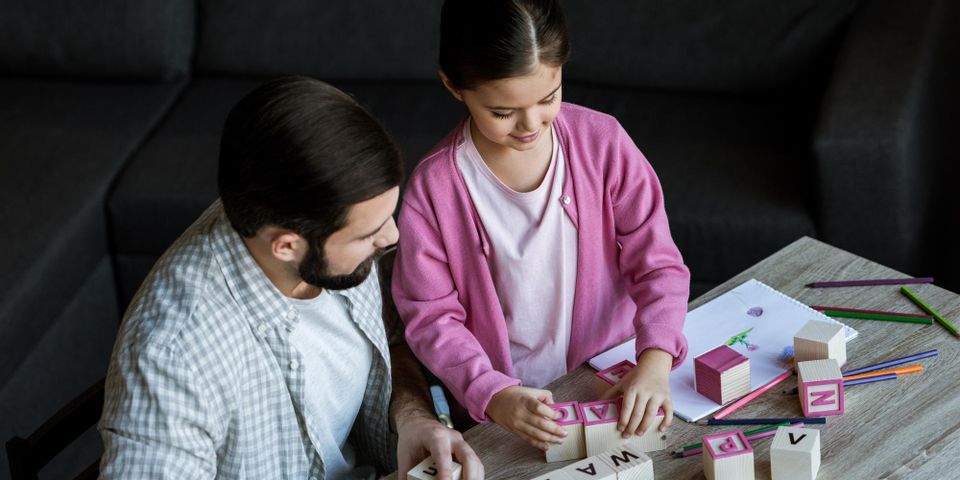Does Your Child Have Dyslexia? How to Provide Encouragement at Home
By Logos School

It’s easy to assume dyslexia affects little more than a child’s reading level, but in reality, the condition can have far-reaching consequences. Children who cannot keep up with their peers academically might struggle with self-esteem, for example, and they may feel inclined to act out as a result, leading to behavioral problems. Dyslexia can also make it harder to acquire the life skills needed to become successful after graduating. Since combatting these challenges starts at home, it’s essential that parents both teach and encourage their children.
3 Tips for Supporting Children With Dyslexia Outside the Classroom
1. Arrange for Early Intervention
It’s never too early to intervene if you suspect your child has dyslexia. By implementing a learning program as soon as possible, he or she will find it much easier to both succeed academically and gain critical life skills.
2. Read Together Every Day
 March is National March Into Literacy Month, which means now is the perfect time to start fostering a love of reading in all your children. The best way to do this is by setting a good example and letting the kids see you read often. You can also read together as a family every night. No matter how busy you are, there’s always time for a story or chapter before bed.
March is National March Into Literacy Month, which means now is the perfect time to start fostering a love of reading in all your children. The best way to do this is by setting a good example and letting the kids see you read often. You can also read together as a family every night. No matter how busy you are, there’s always time for a story or chapter before bed.
3. Seek Guidance From Educators
Your children’s teachers can serve as a valuable resource when it comes to overcoming the struggles associated with dyslexia. Ask for exercises to perform at home in addition to their standard homework assignments. It’s also wise to check in regularly to discuss their progress in school so together you can make adjustments as needed.
If your child has a learning disability that’s preventing him or her from thriving in an academic setting—or honing critical life skills—get in touch with Logos School. Located in St. Louis, MO, this therapeutic school helps children overcome all kinds of hurdles. Their student body is comprised of children with learning disabilities and various behavioral needs. With a student-teacher ratio of 6:1, you can be sure your child will get the attention he or she deserves while developing essential life skills. To learn more about the kinds of behavioral therapy they provide, visit their website. To talk to their administrators about your child’s needs, call (314) 997-7002.
About the Business
Have a question? Ask the experts!
Send your question

